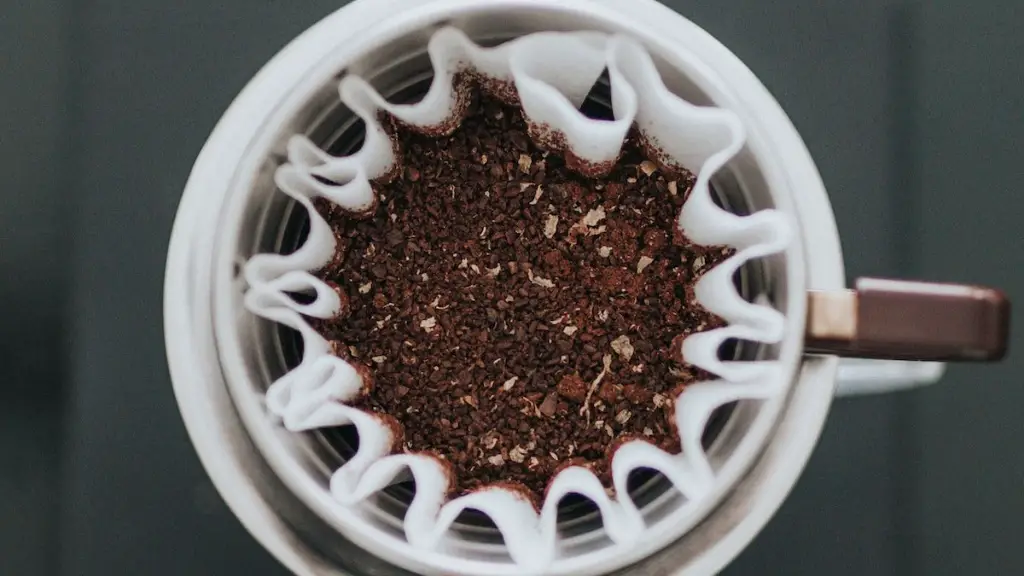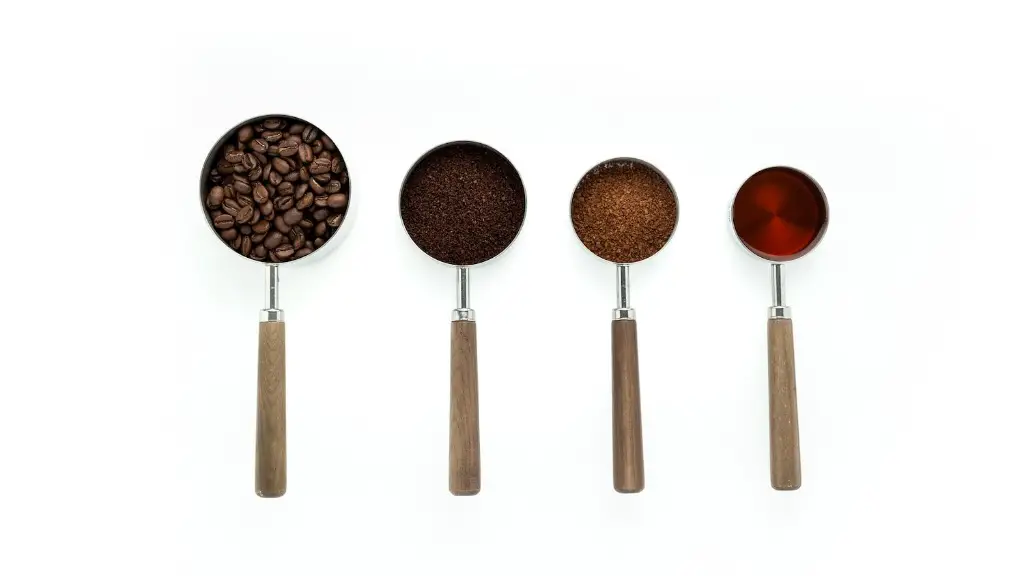When it comes to labor induction, there is a lot of speculation and confusion surrounding the topic. One thing that has been suggested is drinking coffee to induce labor, but what is the evidence behind this claim? In this article, we will explore the potential risks and benefits of drinking coffee to induce labor and provide you with the most up-to-date information from experts on this topic.
First and foremost, it is important to note that drinking coffee is not officially recognized by healthcare professionals as an effective way of inducing labor. The American College of Obstetricians and Gynecologists (ACOG) does not recommend the consumption of any particular food or supplements for inducing labor. They advise pregnant women against using any herbal remedies or traditional treatments without consulting their healthcare team.
In terms of scientific evidence, there has been limited research investigating the effects of drinking coffee on inducing labor. One study from 2016 identified that caffeine may reduce the time between the start of labor and childbirth, but there was no significant difference in the total duration of labor. Other research suggests that there is no solid link between drinking coffee and accelerating labor, but further studies are needed to confirm this.
It is not clear how drinking coffee may affect the body during labor and delivery. The amount of caffeine that is safe to consume during pregnancy is also unknown. For these reasons, experts are generally opposed to drinking coffee as a means of inducing labor, as it could cause symptoms of caffeine intoxication or even increase the risk of complications during delivery.
In light of this, the recommendation from healthcare professionals is clear: drinking coffee to induce labor is not recommended. If you are having difficulty initiating labor, consult your healthcare provider for more information about safe and effective methods of labor induction.
Alternatives to Drinking Coffee for Inducing Labor
Although drinking coffee is not recommended to induce labor, there are several other techniques that can help you get the labor process started. Many of these methods are natural and can be tried at home, however, it is important to seek medical advice and discuss any labor induction techniques that you are considering. Some of the most popular alternatives to drinking coffee include walking, sex, eating dates and acupressure.
Walking is a simple and effective technique that many women use to initiate labor. Going for a short walk can help to encourage the baby to move into the correct position in the pelvis and can also help to open the cervix. Before trying any induction technique, it is important to make sure you’re not in any discomfort or pain and to speak to your healthcare provider first.
Sexual intercourse or nipple stimulation can also be used as an alternative to drinking coffee for inducing labor. Both of these activities can help to release a hormone called oxytocin, which can in turn help to stimulate labor. However, it is important to note that these activities should not be done if the placenta is close to the cervix.
Consuming dates during the third trimester is believed to soften the cervix and help to prepare the body for labor. Making small lifestyle changes such as cutting down on processed food and eating nutrient-rich foods can also encourage the uterus to begin contractions. Additionally, acupressure is a non-invasive technique that can help to stimulate labor by applying pressure to specific points around the body.
Practical Consideration When Drinking Coffee to Induce Labor
If you are considering drinking coffee in an attempt to induce labor, there are a few practical considerations that you should take into account. Firstly, the amount of caffeine you should consume is unknown and it is important to remember that too much caffeine can be dangerous for your baby. Additionally, you should always speak to your healthcare provider before drinking coffee, as it could potentially be harmful for you and the baby. Finally, drinking coffee is not a guarantee that it will induce labor and could instead cause unwanted side effects.
Risks of Drinking Coffee to Induce Labor
Although drinking coffee is not an approved method of labor induction, there are a few potential risks to be aware of. Caffeine can cross the placental barrier, meaning that it can reach the baby and could potentially interfere with the baby’s development. Additionally, drinking too much caffeine can cause symptoms of caffeine intoxication such as rapid heartbeat, increased body temperature and headaches.
In some cases, drinking too much caffeine during labor can also cause dehydration and lead to complications such as reduced oxygen levels in the baby. Finally, if you are considering consuming coffee for labor induction, it is important to note that it is not scientifically proven to speed up the labor process.
The Pros and Cons of Drinking Coffee to Induce Labor
Drinking coffee as a means of inducing labor has both pros and cons that you should carefully consider. On the one hand, some claim that it can help to reduce labor time and provide an energy boost. On the other hand, it is not officially recommended by healthcare professionals, there is limited scientific evidence to back up these claims and it could potentially be damaging to both mother and baby.
Ultimately, it is important to weigh up these sides carefully and speak to your healthcare provider before making any decisions. When it comes to labor induction, it is important to remember that there is no guarantee that any one technique will work.
Dangers Associated With Excessive Caffeine Intake
Although drinking coffee to induce labor is controversial and there is limited evidence to support it, what is clear is that excessive caffeine intake can have detrimental impacts on both the mother and baby. It is considered safe to consume up to 200mg of caffeine per day during pregnancy, however, it is important to remember that this is only a recommended limit and not a guarantee that caffeine intake below this amount is completely safe.
Consuming more than 200mg of caffeine per day can increase the risk of miscarriage, preterm birth and low birth weight. For these reasons, it is important to keep caffeine intake to a minimum during pregnancy and to stick to the recommended limits, especially if you are considering drinking coffee to induce labor.
Natural Methods to Initiate Labor
If you are looking to safely and effectively induce labor, then it is best to stick to natural techniques. The focus of these techniques is to encourage your body to naturally initiate labor and reduce stress, rather than forcing it to happen. Some popular natural methods to initiate labor include eating a pineapple, having a warm bath and gently massaging the abdomen.
Eating specific herbs is another popular method used by women to promote labor. Examples include raspberry leaf tea and blue cohosh, though research on the effects of herbs on labor is limited and you should always consult with your healthcare provider before trying any of these techniques. Above all, it is important to remember that labor induction is a complicated process and your body may not be ready to initiate labor yet.
Conclusion
In conclusion, drinking coffee is often suggested as a means of inducing labor, but there is limited evidence to support this claim. For this reason, it is not recommended by healthcare professionals and could potentially be dangerous for both you and the baby. Whether you decide to pursue natural methods or pharmaceutical approaches to initiate labor, it is essential to speak to your healthcare team first to ensure that you are making the best decision for your situation.




